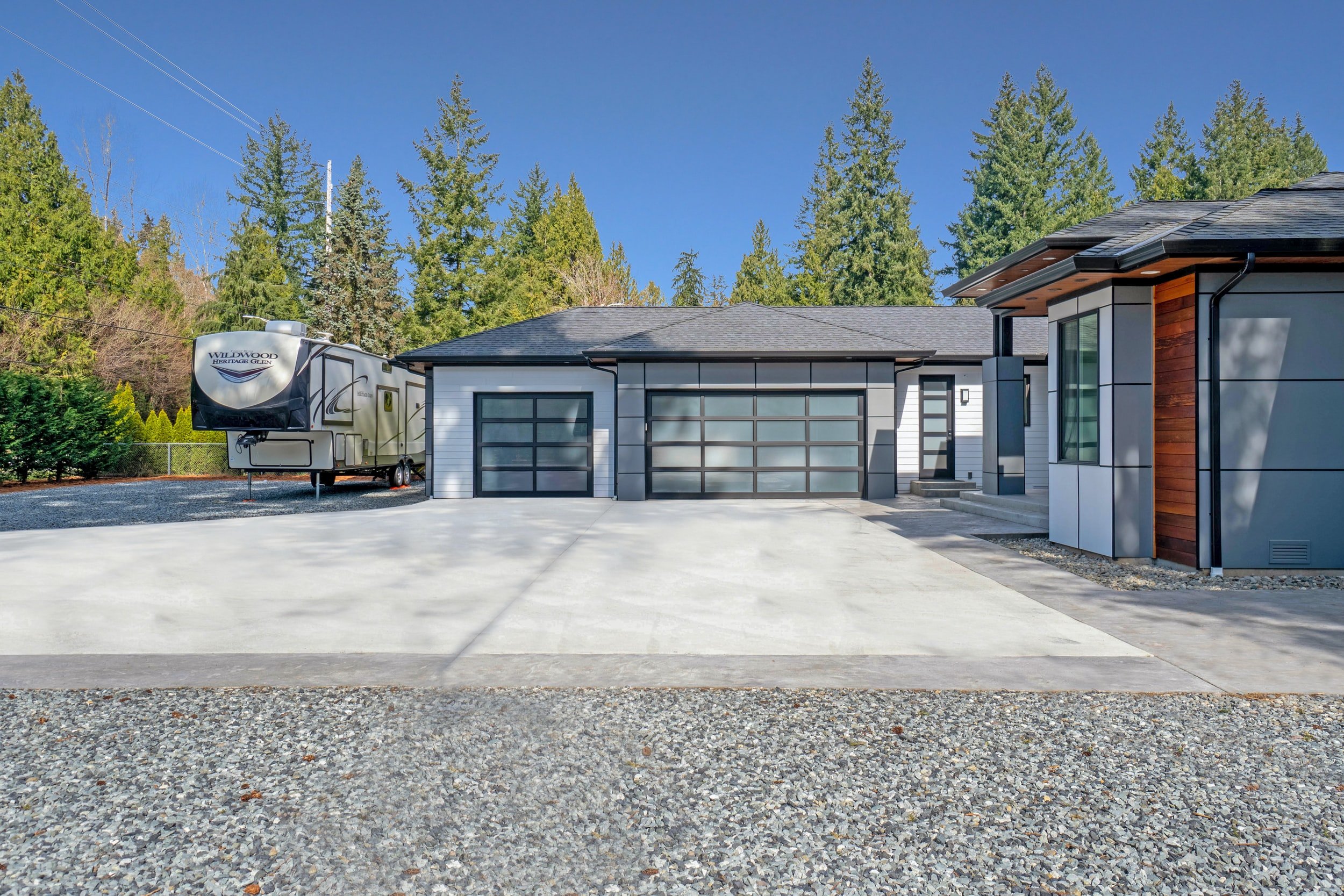Being a Long-Distance Landlord Successfully
A great landlord doesn't necessarily have to reside near the rental property. How to be a long-distance landlord.
However, not all landlords will invest in properties located near their homes. You might have decided to keep your home as a rental after you move. You may have discovered an outstanding investment opportunity within your state or across the country.
These are ways to manage your properties and maximize your long-distance rental return.
Hiring A Top Property Manager
No matter how far you live from your rental property, it doesn't matter if you can't check on it often. You need someone you trust to look after your investment. When hiring a property manager, be patient and keep your standards high. These are the people who will select your tenants and deal with your renters in case they have questions, maintenance requests, or other concerns.
A property manager should have skills in sales, communication, administration, and technology. Paying more for a high-quality property manager can save you money in the long run by helping you avoid damages, problem tenants, and other troubles.
Local Connections
Networking is a great way to make friends and family if there are no relatives or close friends. You can meet local agents, attorneys, and other rental professionals at real estate events.
It is great to be able to call a local contact in case of an emergency. You can call local contacts if you have an emergency and need to check on your unit.
Learn About The Market In Your Area
Every market is different, so you must understand the dynamics of the area you are renting to establish the right rental price while remaining competitive. A local attorney can help you with any questions or concerns.
You might also want to read the headlines in your local newspaper or television station. This will allow you to keep track of new employers in town and other events that may affect your potential renter pool.
Examine Your Screening Process
You need to screen potential tenants even if you aren’t there. Review your processes and applications every year to ensure you have the right procedures and documentation in place so that you can find the right tenant for your long-distance rental.
You Must Ensure That Your Lease Is Valid
To be a successful landlord long-distance, your rental agreement is the most crucial piece. Have an attorney familiar with your area review your lease to make sure it's solid. Make sure the lease clearly outlines who is responsible for what, payment due dates, late fee policies, damage assessment or collections, and other clauses. This will help you and your property to be protected in case of an emergency.
You Should Check In On Your Tenants
Even if your property manager has been hired, it's important to make sure that tenants feel comfortable talking to you. A good relationship and a genuine concern for your needs may make them more likely to treat your property well.
Every few months, give your tenants the opportunity to contact you by phone or email. Ask about the situation and make sure that everything is in order.
Be Aware Of Your Expenses
You will need to look at your monthly expenses every month, regardless of how good your property management company may be. It is a good idea to ask for an itemized invoice so you can clearly see what you are spending. You also need to read your property's statements each month and keep track of repairs and other unplanned expenses.
Keep an eye out for large repair expenses by knowing when items need to be replaced and having local estimates available. By knowing the estimated costs, you can select a vendor that will charge you fair prices.
Be Tech-Savvy
You won't have the luxury of being able to simply drop by your investment property. It is essential that you have the right combination of technology. Tenants expect you will be available via email and text messages. Some tenants might even prefer to pay their rent online. You need the software and hardware to satisfy tenants and manage your investment property. You might be able to write some off as a business expense.
Visit Your Home
It is a good idea to visit the property several times per year. Property managers might not be able to drive by units they manage regularly, so they may miss potential problems that need to be addressed. It's best to visit your property to find out what's happening and to make sure that it's in good repair. Remember that you might be able to deduct your business travel expenses.

